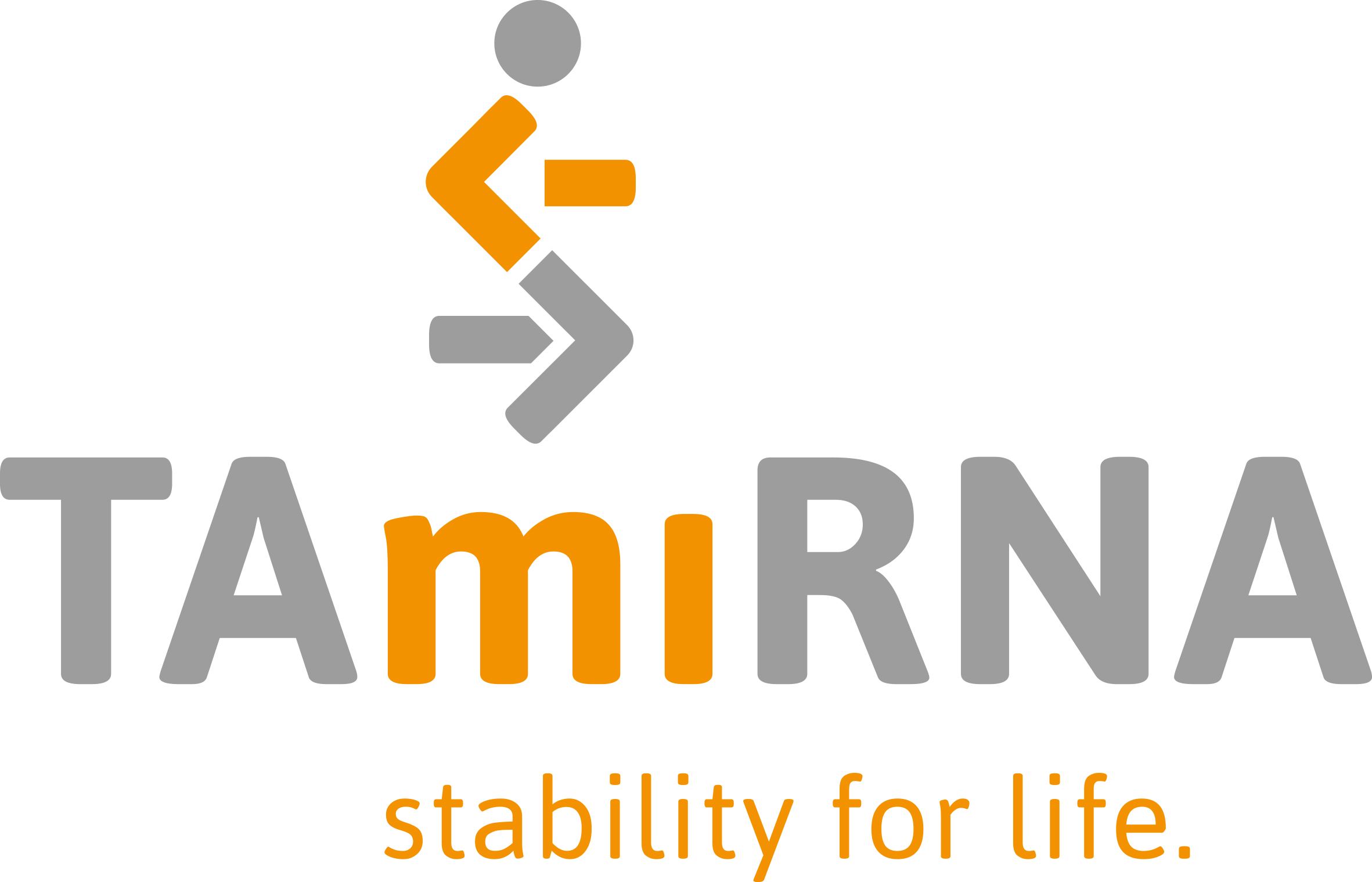By TAmiRNA GmbH
TAmiRNA scientists contribute to new miRNA insights on rotator cuff degeneration in the shoulder joint
Vienna, Austria: Scientists from biotech innovator TAmiRNA have contributed to a newly published research study that has used circulating microRNAs (miRNAs) to reveal distinct signatures in degenerative disorders of the rotator cuff within the shoulder joint.
TAmiRNA CEO and founder Dr. Matthias Hackl and research scientist Dr. Moritz Weigl joined the research team headed by Dr. Fabian Plachel, PhD from the Institute of Tendon and Bone Regeneration at Salzburg Paracelsus Medical University and the Center for Musculoskeletal Surgery at Charité Universitaetsmedizin, Berlin. Other research team members were drawn from the Shoulder & Sports Clinic and the Austrian Cluster for Tissue Regeneration, both in Vienna.
The team’s study ‘MicroRNA Profiling Reveals Distinct Signatures in Degenerative Rotator Cuff Pathologies’, has just been published in the Journal of Orthopedic Research.
Investigating role of microRNAs in RCT shoulder joint disorders
The team set out to shed more light on the role of miRNAs, known to be key regulators orchestrating a wide range of inflammatory and fibrotic diseases, in degenerative shoulder joint disorders.
Their explorative case-control study aimed to identify pathology-related, circulating miRNAs in patients with chronic rotator cuff tendinopathy and degenerative rotator cuff tears (RCTs).
During 2017, they enrolled 14 patients in three groups: no shoulder pathology, chronic rotator cuff tendinopathy, and degenerative RCTs. They collected venous blood samples as “liquid biopsies” from each patient, determining serum levels of 187 miRNAs.
Changed miRNA expression in surgery patients
Subsequently, they verified change in expression of nine candidate miRNAs in tendon biopsy samples, collected from patients who underwent arthroscopic shoulder surgery between 2015 and 2018.
“Overall, we identified several miRNAs to be progressively deregulated in sera from patients with either chronic rotator cuff tendinopathy or degenerative RCTs,” the study reports.
“Importantly, for the several of these miRNAs candidates repression was also evident in tendon biopsies harvested from patients who were treated for a supraspinatus tendon tear. As similar expression profiles were determined for tendon samples, the newly identified systemic miRNA signature has potential as novel diagnostic or prognostic biomarkers for degenerative rotator cuff pathologies,” the study abstract states.
About TAmiRNA
TAmiRNA specializes in technologies for profiling levels of blood-circulating microRNAs and developing multi-parametric classification algorithms (“signatures”). TAmiRNA uses these technologies to develop minimal-invasive diagnostic tests for drug development, early diagnosis and prognosis of disease, and as companion diagnostic tests to support treatment decisions.
More information available at: www.tamirna.com
Resources
Click on MicroRNA Profiling Reveals Distinct Signatures in Degenerative Rotator Cuff Pathologies to access study.



















